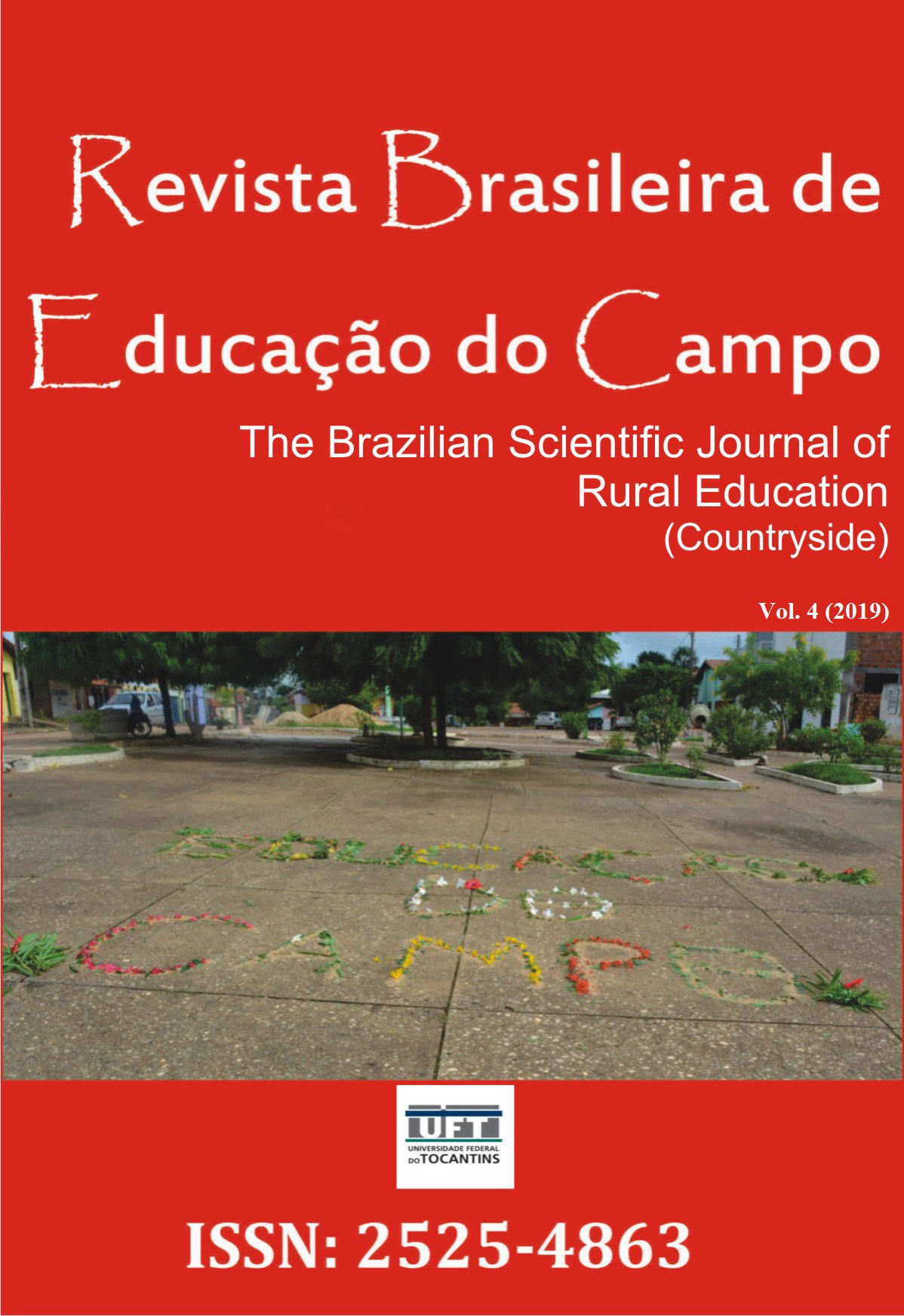Paulo Freire and the literacy of young people and adults in the Landless Workers Movement (MST)
DOI:
https://doi.org/10.20873/uft.rbec.v4e5676Abstract
ABSTRACT. This text is part and a survey on the literacy of young people and adults in the Landless Workers Movement (MST). The Movement has as one of its foundations in the pedagogy of Paulo Freire understands literacy beyond the decoding and the mere knowledge of the alphabetical system, but as a process of awareness. In this sense, ownership of the writing is appropriate for an instrument of struggle necessary for the emancipation. However, in your route, the MST has been establishing partnerships that could ensure the implementation of its education projects, and these partnerships also brought into the Movement other theoretical references. More recently, the adoption of the Sim, Eu Posso! (SEP), Cuban method, whose link is with the traditional literacy perspective, has brought a further element of tension and the need to investigate the extent to which Freirean assumptions continue to underpin MST literacy practices. For this investigation, bibliographical research, the analysis of materials produced by the MST and field research.
Downloads
Veröffentlicht
Zitationsvorschlag
Ausgabe
Rubrik
Lizenz
Creative Commons Attribution License
Creative Commons Attribution License
Proposal for Copyright Notice Creative Commons
1. Policy Proposal to Open Access Journals
Authors who publish with this journal agree to the following terms:
A. Authors retain copyright and grant the journal right of first publication with the work simultaneously licensed under the Creative Commons Attribution License that allows sharing the work with recognition of its initial publication in this journal.
B. Authors are able to take on additional contracts separately, non-exclusive distribution of the version of the paper published in this journal (ex .: publish in institutional repository or as a book), with an acknowledgment of its initial publication in this journal.
C. Authors are permitted and encouraged to post their work online (eg .: in institutional repositories or on their website) at any point before or during the editorial process, as it can lead to productive exchanges, as well as increase the impact and the citation of published work (See the Effect of Open Access).














